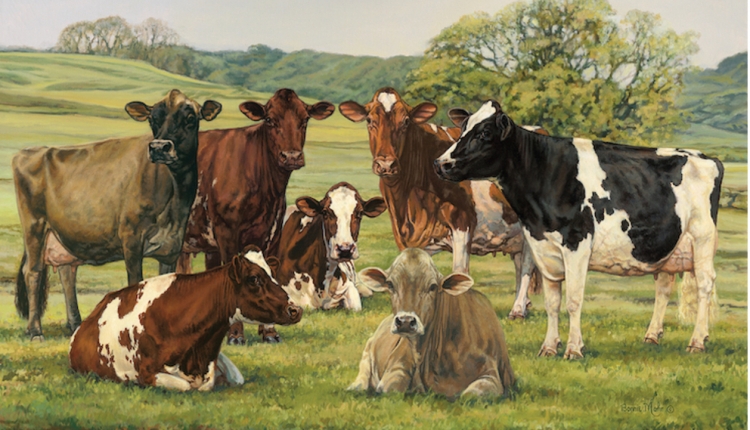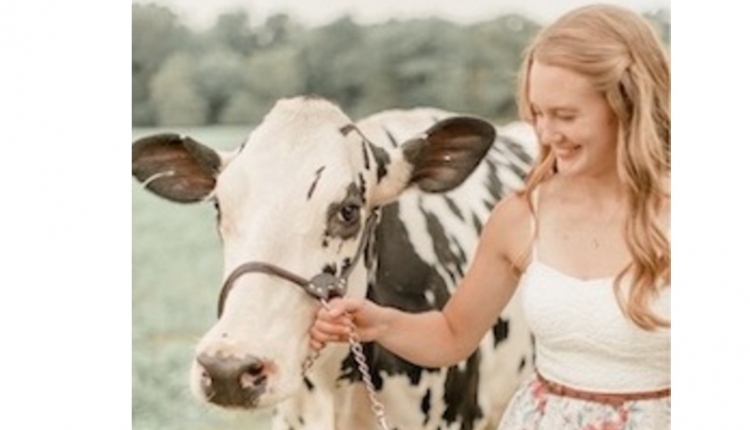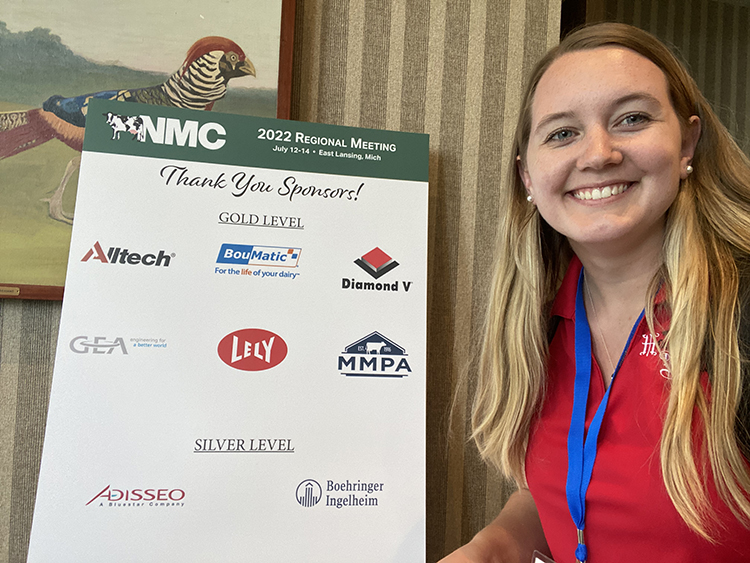
It has been estimated that over 50% of hired farmworkers in the United States identify as Hispanic. This demographic has been present on dairy farms for a very long time and will continue to drive the industry forward.
I recently attended the regional meeting of the National Mastitis Council in Lansing, Mich. During the meeting, there were several speakers on a wide variety of topics – human resource management was one of them. However, it was not at all what I expected.
“You might think that I’m an expert at human resources, but I’m actually not,” Paola Bacigalupo-Sanguesa chuckled. “I know how to train people and work with them, but I actually identify more as a farm worker myself.”
Bacigalupo-Sanguesa has spent years working on dairy farms, but she also travels to other farms to improve relationships between farm workers and managers. Her people skills, along with her ability to speak Spanish and English, have assisted her in figuring out things that go well for farm employees, and the frustrations they have about their job.
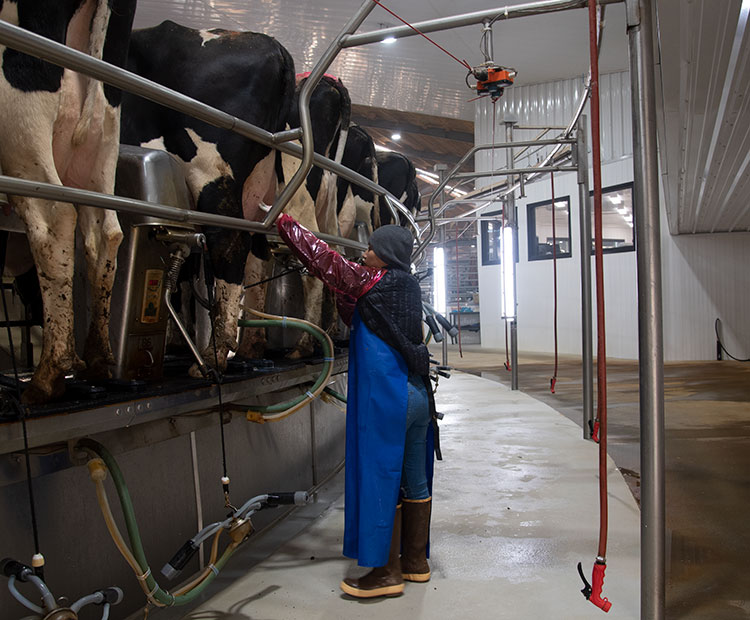
“I didn’t go to vet school because I wanted to work with people; I wanted to work with animals. But the tricky thing is, you can’t have one without the other,” Bacigalupo-Sanguesa said.
Her time on farms has helped her to figure out tips for farm managers when working with employees, especially when they may be from a different country. One of her points included something that can be very challenging but will make a huge difference in the long run: culture.
Culture is difficult because, like many aspects of working with people, it is complicated and there are many aspects to consider. Paola said one of the best things a manager can do is to recognize their employee’s culture if it is different than their own. It is important to look for differences and similarities between cultures and respect – and hopefully appreciate – them. In turn, this helps to build a relationship of trust between a farm manager and an employee.
A few other tips include:
• Have a solid and diversified training program. Even if you train someone for a task that is not their regular job, it is worth the time because people want to be engaged and learn new things.
• Monitor an employee’s work, evaluate how they are doing, and then provide feedback; both positive and constructive. People want recognition for their efforts and to know if they are not performing their tasks correctly.
• Communicate as often as possible with as much information as possible. This can be difficult with a language barrier, so always try to build the bridge between those languages by learning some words from their language or using technology to help.
Having enough labor on farms has been a struggle for some time now. Sometimes a simple action, such as having a weekly team meeting, posting somatic cell scores, or asking for an employee’s opinion, can bring the team together and make everyone feel valued and more content in their role. It is much more economically efficient to retain the employees you have, rather than to constantly find and train new people.
“There is no simple answer to this; there’s almost no data on employee retention or turnover. However, farm managers can still implement certain practices to aid in maintaining their workforce,” Bacigalupo-Sanguesa remarked.
I’m no expert on managing a farm, but I have plenty of experience being an employee, and I wholeheartedly agree with all of Paola’s points. If I did operate my own farm and struggle with retaining employees, I would try to implement some of these practices one step at a time.
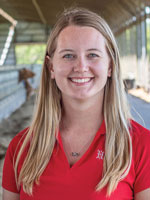
Mikayla grew up near Osceola, Wis. She discovered her passion for the dairy industry while working on her neighbors’ Holstein dairy farm. That spurred her involvement in 4-H and FFA, and following graduation from Osceola High School, she headed to the University of Minnesota to pursue a degree in agricultural communication and marketing. During the school year, she worked as a website designer for the University of Minnesota department of animal science, and last summer, she was a farmer relations intern for Midwest Dairy. Peper is serving as the 2022 Hoard’s Dairyman editorial intern.






